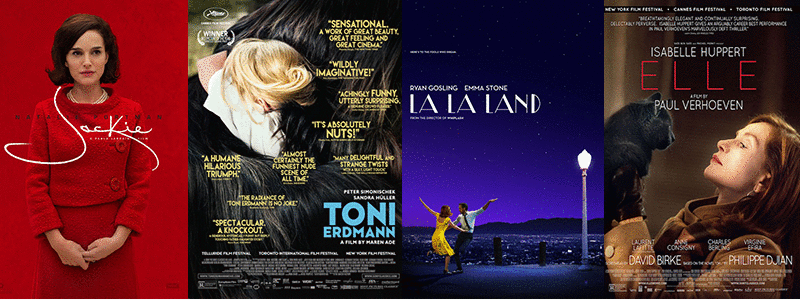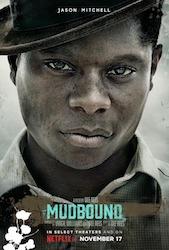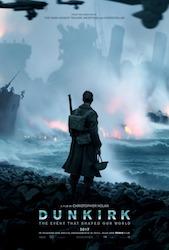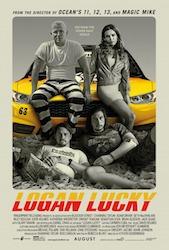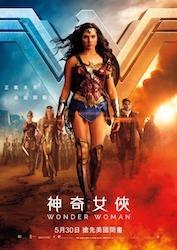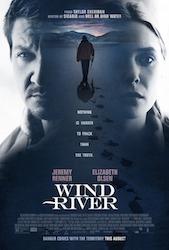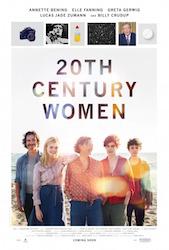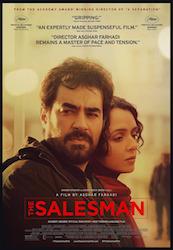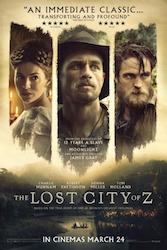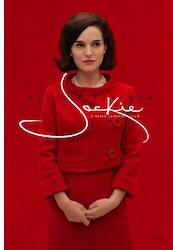“Logan Lucky” - Steven Soderbergh, director of “Logan Lucky,” probably thought he had a brilliant idea. Bring together a cast of first-rate actors to do a heist film and it would be magical. Well, he was partly right. The cast is outstanding, led by an incredibly amusing Daniel Craig (the current James Bond) as Joe Bang, a southern hick, and an “in-car-cer-a-ted” prison inmate, who is hired to provide an explosive charge in a theft of a great deal of money at the Charlotte Motor Speedway. Let me back up a moment because the film also stars Channing Tatum as Jimmy Logan, the mastermind of the heist; Adam Driver as his one-handed bartender brother, Riley Keough (yes, Elvis Presley’s granddaughter) as Mellie Logan, their tough sister; Katie Holmes as Jimmy Logan’s ex-wife; Seth MacFarlane in an amusing role as a British race car driver named Max Chilblain; and Hilary Swank as an FBI agent investigating the heist. Provding additional amusing performances are Brian Gleeson and Jack Quaid as Joe Bang’s brothers, Sam and Fish. With a script written by Rebecca Blunt, the film takes us through the various detailed machinations which the crew performs to carry out the theft of pneumatically blown money, including a rather humorous prison breakout and riot. But, unfortunately, there are some serious negatives. First, “Logan Lucky” is a little over-the-top in portraying virtually every character with a severe redneck accent. Second, the details of the heist are just a little too much to believe. Third, the plot becomes confusing, especially at the end when seemingly inconsistent details are provided and the solution not well-explained. And, fourth, the film drags, especially in the second hour which seemed to take forever. But overall, “Logan Lucky” has some merits, especially Daniel Craig’s performance as a tough tattoed American southerner, which has to be seen to be believed. B (12/13/17) | |

